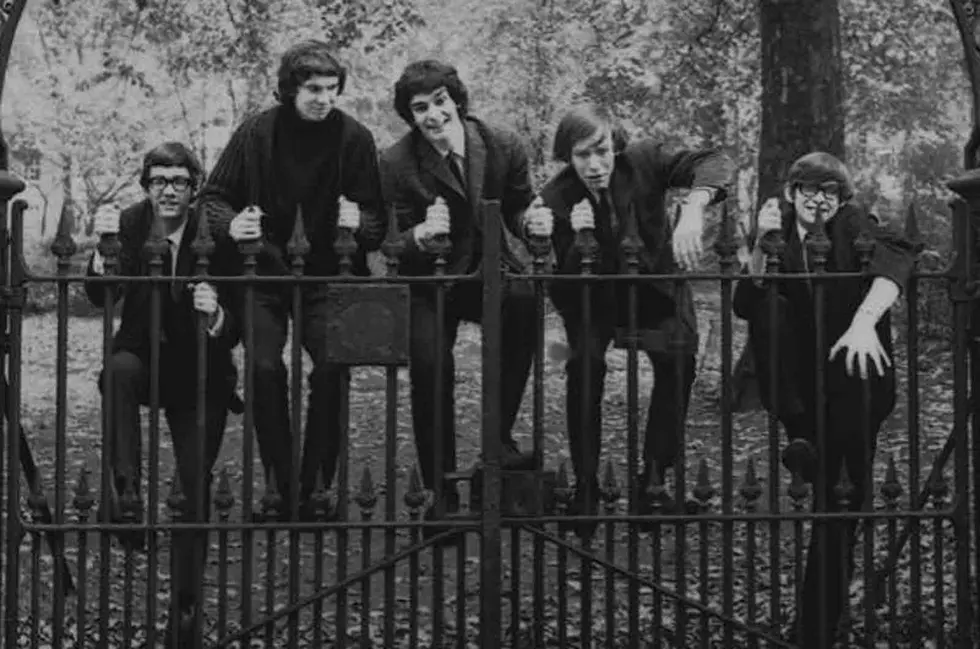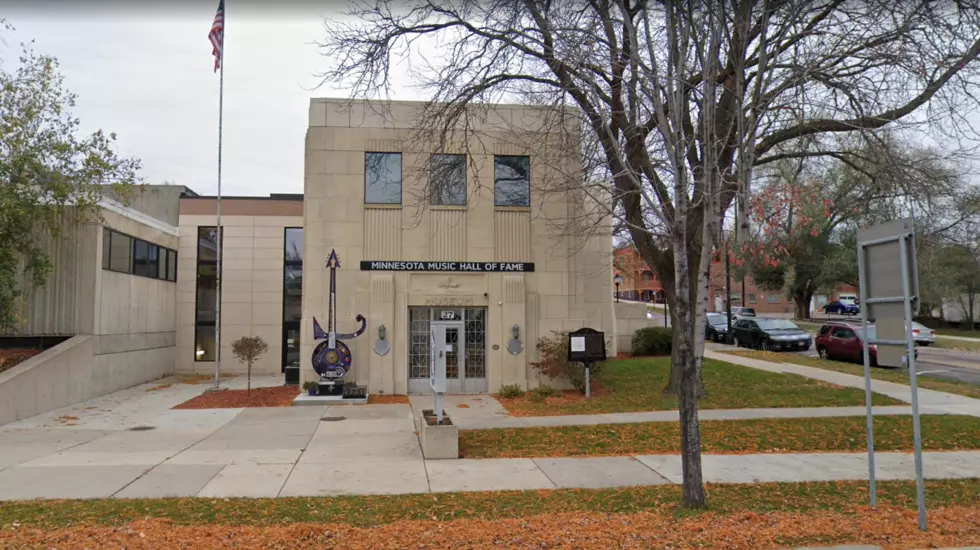
How ‘Odessey and Oracle’ Became the Zombies’ Belated Masterpiece
From 1964 through the start of 1967, the Zombies released their debut, Begin Here, as well as a run of singles. Unlike their contemporaries, they didn't have a pile of albums. Odessey and Oracle, which was recorded during the second half of 1967, was only the Zombies' second project.
Their earliest records had been released on the Decca label in the U.K., but in the spring of 1967, the band signed a new deal with CBS worldwide and entered the legendary Abbey Road studios to begin work on a new set of songs with engineers Geoff Emerick and Peter Vance. But it was keyboardist Rod Argent and bassist Chris White who took on the role of producing the new material.
Recording began just as the Beatles wrapped up recording Sgt. Pepper's Lonely Hearts Club Band, and Pink Floyd were putting the finishing touches on The Piper at the Gates of Dawn at the same studio. The Zombies took full advantage of any lessons their team learned while recording the Beatles LP, but instead of opting for a lower-level Pepper, the band moved in a different lane on a similar highway.
Odessey (unintentionally misspelled by the cover artist on the album sleeve) kicks off with the jubilant and joyful "Care of Cell 44," a song about a girlfriend in prison and her correspondence with the man awaiting her return. The use of mellotron colors things beautifully, and the vocal harmonies are on par with the Beach Boys. That beauty is carried over to "A Rose for Emily," "Maybe After He's Gone" and "Beechwood Park."
The somber verses of "Brief Candles" give way to a joyous chorus that sinks in, while "Hung Up on a Dream" creates a mood that's dreamlike, but not in an overblown psychedelic sense. The band managed to avoid the cliches and pitfalls of the era while still capturing its essence in full technicolor. The entire album basks in the glow of summer, with the season itself even name-checked in a few of the songs.
Listen to the Zombies Perform 'Time of the Season'
The album ends with the glorious "Time of the Season," which remains one of the era's most cherished artifacts and became the Zombies' signature song.
But by the time the album was released, the band was over. Internal politics and the usual group tensions had put an end to one of the British invasion's most distinct acts. Argent and White formed the band Argent, while singer Colin Blunstone launched a solo career.
That would have been the end of the Zombies' story if not for Al Kooper, who was newly assigned to the A&R department at Columbia Records in the U.S. He brought Odessey and Oracle back with him from a trip to England in 1968. After learning that label boss Clive Davis was going to pass on the album, Kooper convinced him to release it.
The record was finally released in the U.S. in late 1968, and stalled until "Time of the Season" was issued as a single in early 1969. By April of 1969, a full year after the LP's original release in the U.K., the song climbed to No. 3, giving the band a posthumous and belated hit.
Top 100 '60s Rock Albums
More From KYBB-FM / B102.7










